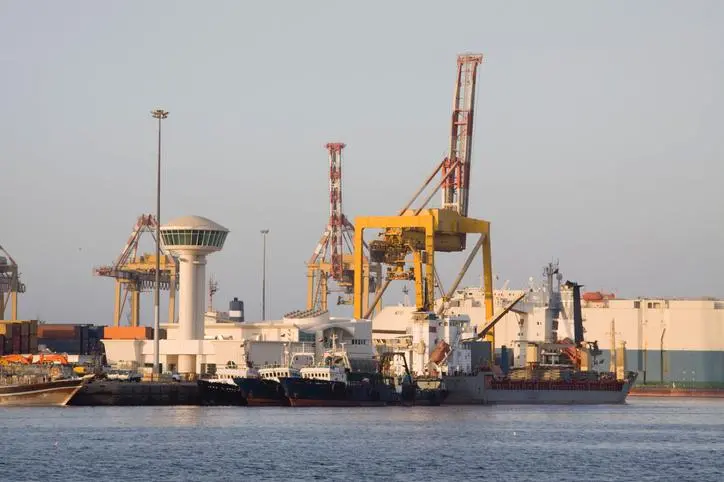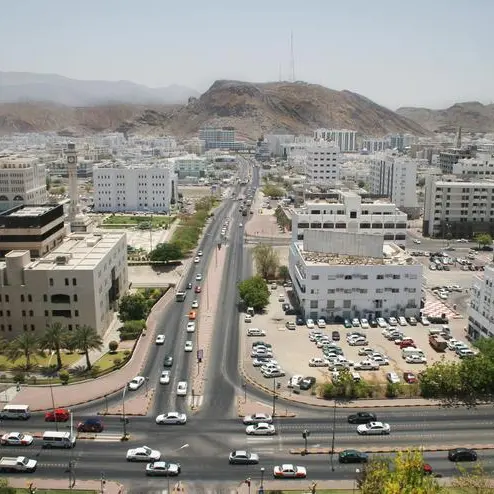PHOTO
DUBAI: Oman will tap local and international debt markets to fill state coffers badly hit by low oil prices and the economic downturn caused by the coronavirus crisis, its state news agency said on Wednesday citing the finance ministry.
A relatively small crude producer burdened by high levels of debt, Oman is more vulnerable to oil price swings than most of its wealthier Gulf neighbours.
The finance ministry hired Bank Muscat and its Islamic unit Meethaq to arrange an issuance of local sukuk, Oman News Agency said.
It said local development bonds worth 550 million Omani rials ($1.43 billion) have already been issued. The ministry also confirmed it has secured a $2 billion bridge loan previously reported by Reuters.
The one-year loan will be repaid with an international bond issuance, which would be Oman's first since July 2019.
The finance ministry is working to fulfil its financing plan, "which includes issuing local and international bonds and sukuk" to plug its remaining needs for the year.
Oman's fiscal deficit could widen to 16.9% of gross domestic product this year from a 7% deficit last year, the International Monetary Fund has estimated.
The finance ministry said it has taken several measures to rein in its deficit, focusing on cutting public spending.
It said Oman's commitment to OPEC+ oil production cuts "was directly reflected in the financial estimates for oil revenues that were approved in the state's general budget at the beginning of the current year," in addition to the impact of low crude prices and the pandemic's impact.
($1 = 0.3850 Omani rials)
(Reporting by Yousef Saba and Alaa Swilam; Editing by Tom Brown) ((Yousef.Saba@thomsonreuters.com; +971562166204))





















